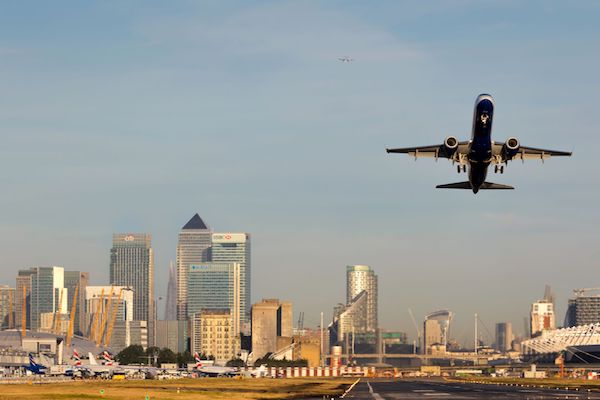Travel and tourism less affected from overall insolvency threat
Pent up demand and luxury travel helping sector for the moment

The travel and tourism sector appears to be less impacted than others from the threat of going bust, according to new data.
The latest ‘Red Flag Alert’ report by insolvency specialist Begbies Traynor shows that almost 40,000 companies are in a critical financial situation as the pressure of higher interest rates, resilient inflation and weaker consumer confidence take their toll.
However, in a breakdown of 22 industry categories, there were fewer ‘critical’ cases in the travel and tourism sector – including travel agents and tour operators – year-on-year in the third quarter at 201, down from 281 [28.47%] in the same three months of 2022.
Those seen to be at ‘significant’ risk also fell by more than 11% over the same three months last year but still totalled 2,629.
Begbies Traynor partner Julie Palmer (pictured) said that a pent up desire to travel post-pandemic is still helping the sector and consumers at the luxury end are still finding the money for travel, but there is a chance this will not continue.
The figures coincided with the government confirming that insolvencies in England and Wales rose 10% in the three months to September 30.
The details emerged following Luxtripper falling into administration last Friday.
The Begbies Traynor data found that the overall number of firms in critical financial distress increased by almost a quarter to 37,722 in the same period.
At the same time three were 480,000 businesses across the UK deemed to be in significant financial distress – a rise of 4.7% over the third quarter last year.
The report revealed that 18 of the 22 sectors covered saw a double digit increase in companies in critical financial distress compared to the prior quarter.
Begbies Traynor warned: “With many UK companies accustomed to years of near zero interest rates and access to government-backed Covid support loans, the new world of elevated interest rates will continue to push many businesses the very edge of failure.”
Executive chairman Ric Traynor said: “The current combination of macro-economic risks is piling on the pressure and really starting to take its toll on UK businesses, as evidenced by the latest research data from Red Flag Alert.
“I am hopeful that stabilising inflation and interest rates will start to slow the rising levels of distress in the economy in due course, but history dictates that this will take some time and insolvencies often peak long after a recovery has started. Unfortunately for many businesses, time is not on their side.
“The ongoing geo-political uncertainty, which is particularly affecting commodity and energy prices, coupled with high interest rates, weak consumer demand, sticky levels of inflation and an anticipated recession over the coming year, may simply prove too much for many of these distressed businesses.
“So, given the challenges the economy still faces, the outlook remains pretty bleak, and I expect many more ‘zombie’ companies to continue to fail for some time to come as the impact of this economic backdrop makes them increasingly unviable.”
Palmer added: “Tens of thousands of British companies are now in financial dire straits now that the era of cheap money is firmly behind us.
“Businesses that had loaded up on debt at rock-bottom rates, and were only able to cling on during the pandemic thanks to government support, must now deal with a financial reality check as higher interest rates hit working capital for the foreseeable future.
“Taken together with stubbornly high inflation and weak consumer confidence, many of these businesses will inevitably head towards failure.
“This latest data highlights how the debt storm, which has been brewing for years, but had been held off by several measures to provide breathing space for companies, may very well break. Something that will send shockwaves through the whole economy.”

 ShanonG
ShanonG 
































